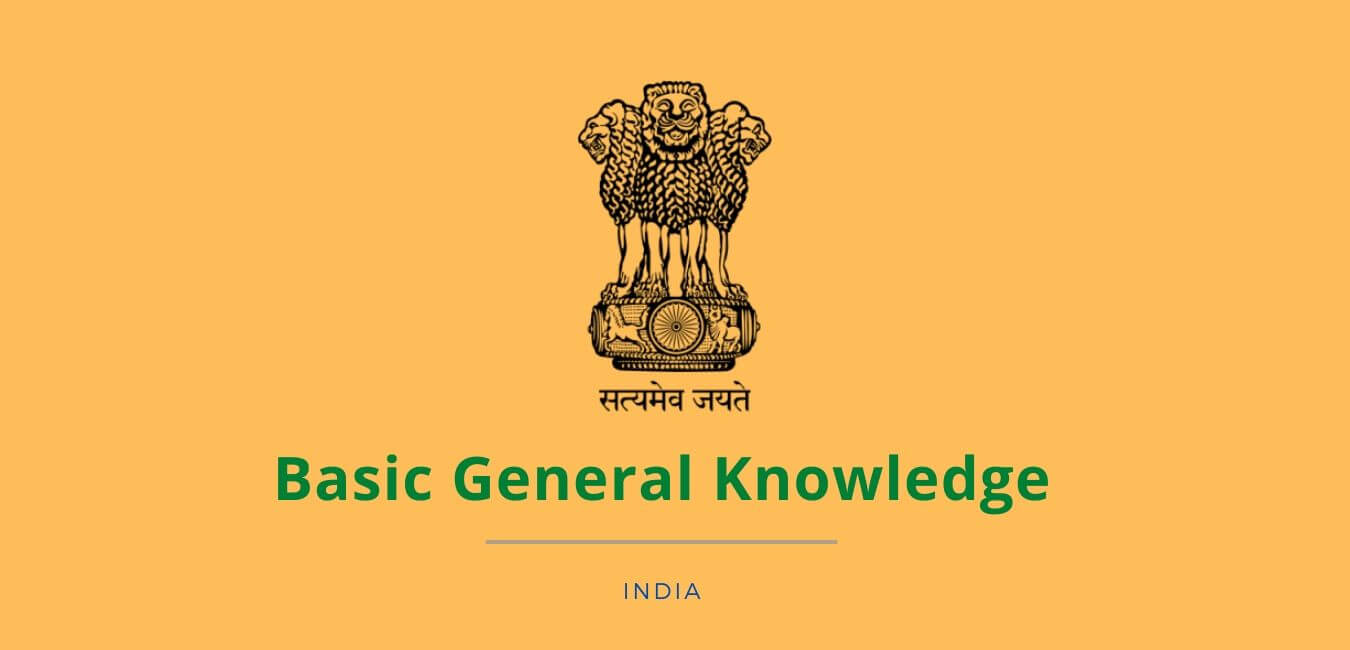Last week, the Supreme Court confirmed its December order on banning sale of liquor near National and State highways.The SC bench, which consisted of Justice DY Chandrachud and L Nageswara Rao were of the opinion that allowing liquor vending within 500 metres of highways would negate the purpose of curbing drunken driving.The important points to note include:
- In December 2016, the apex court had ordered a complete shutdown of liquor shops within 500 mts of highways and had directed the government to not issue excess licenses from March 31.
- Last week, the SC bench has uphold the ban on alcohol vending in pubs, bars, hotels and restaurants within 500 metres of state and national highways.
- All signages and advertisements of the availability of liquor shall be prohibited and existing ones removed forthwith both on national and state highways.
- The 2016 order had also stated that all existing licenses would be expired after April 1 and they would not be renewed until the shops relocated according to the court-mandated stipulations. The Supreme Court modified this decision stating that the existing licenses would hold valid until September 30 as not all states had granted excise licenses for a period of April 1 to March 30.
- Additionally, a SC bench headed by Chief Justice J S Khehar, later modified its order banning liquor vends within 500 metres on national and state highways, reducing the distance to 220 metres in areas having a population of up to 20,000.
- States like Sikkim and Meghalaya have been exempted from this order, where relocation of 905 of liquor shops was not possible due to terrain.
- But it declined a similar relief to Himachal Pradesh, saying the direction to reduce the distance from 500 metres to 220 metres on highways would be sufficient to cover the state’s demand.
Why such ban necessary ?
These directives are essential and being issued in public interest since the lives of millions were at stake and that state governments had failed to come on board for a uniform policy to to control drunken driving or ban liquor vends along highways. It is a serious concern as India has over 150,000 fatalities every year in road accidents, a majority of them attributed to drink driving.
Losses due to the Liquor ban:
- The hospitality Industry estimates about Rs 65,000 crore in revenue foregone by states.
- Additionally, it can also put about 100,000 people out of work.
- Hotels, Restaurants is capital Intensive Industry with long gestation period, the ban on liquor sales will cause drop in revenue and may eventually effect the growth rate of Industry.
In Rajasthan, around 2800 situated near the national and state highways have been affected by the Supreme Court order banning sale of liquor within 500 metres of the highways.
Is this case of Judicial Overreach ?
The court addressed the question of judicial overreach and responded that “We must at the outset notice that this Court while exercising its jurisdiction has neither formulated policy nor (as we shall indicate) has it assumed a legislative function,”. It gave four reasons why the decision did not come in the realm of the judiciary making policy.
- Centre’s Recommendation:
The Centre had recommended a provision suggesting no licence for sale of liquor should be granted to shops within 100 metres from a state or national highway. The court had merely extended that to 500 meters.
- The expert body agreed
The National Road Safety Council is an advisory body set up by the Centre to help guide policy on road safety. The NRSC unanimously agreed in a meeting on January 15, 2004, that licences for liquor shops should not be given along national highways.
- Parliament indicated zero tolerance for drunken driving
The Court also pointed to Section 185 of the Motor Vehicles Act, 1988, which lists out punishments for whoever has “in his blood, alcohol in any quantity, howsoever small the quantity may be”. Since the Centre also pointed to this section as its reason for advising a ban on liquor shops along national highways, the Court took this as Parliamentary intent suggesting zero tolerance for drunken driving.
- Liquor is state subject
Because liquor is a state subject, Center can only send advisories and not mandates. The center has consistently advised all the state governments to remove liquor shops and not to issue fresh licences to liquor vends along national highways but that has not been followed with due interest by state governments.
What more needs to be done ?
- To avoid the impact on revenue, some state administrations have reportedly re-designated state highways as district roads to avoid shutdowns. This will defeat the purpose of ruling and may create chain reaction with other states, following same. Instead, states should be taken into confidence for implementing this policy.
- The problem is not that rules don’t exist, the problem is enforcement and awareness, the government at both state and Center needs to focus on implementation part. Strict enforcement and heavy fines may prove to be stronger deterrent for drunk driving than moving shops to 500 meters.
Some are also of opinion that rulings such as these negatively impact the alcohol as well as hospitality industry dramatically but do little to deter offenders. There is a need to educate and create awareness about aspects of road safety and dangers of drunk driving.





